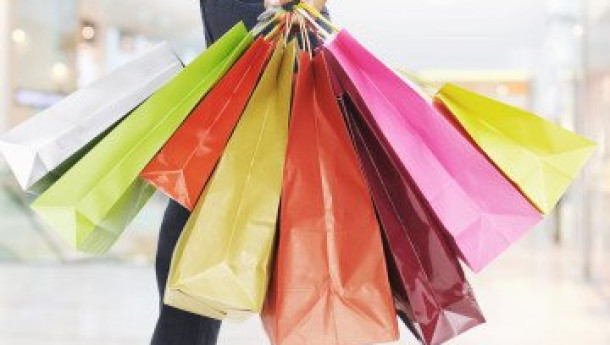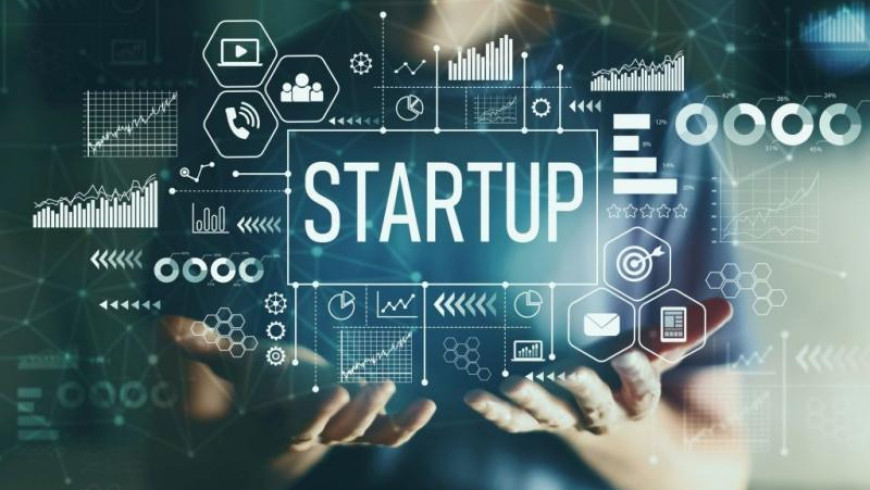
Beyond hurting the economy, piracy and counterfeit operations fuel organised crime, such as drug and human trafficking, smuggling, fraud and money laundering, as our study with Europol has shown, Head of Service of Outreach and Knowledge of Intellectual Property of the Observatory of the European Union Intellectual Property Office, (EUIPO), Claire Castel has told CNA.
Asked what needs to change in order to reduce or combat watching sports activities from illegal or pirated sources and how will people be convinced to change their mindset, she pointed out that first and foremost, awareness is key, adding that the EUIPO Observatory conducts these studies to show the scale and scope of IP infringement.
Already, she said, compared to the early 2000s, we can see that the availability of legal platforms – including free platforms from public broadcasters – make high quality content more readily available.
"When it comes to sporting events in particular, illegal streaming limits the funding that goes back to athletes and local sports organisations" she went on to say.
Consumers, Castel said, also need to know the risks of using illegal sources, such as data or identity theft, computer viruses and potential fines. "One has to realize that all pirated sources are requesting some kind of personal data and some of them are even operating under a subscription model thus requesting financial details; besides when things are free, it means 'you' are the product" she said.
And beyond hurting the economy, she noted, piracy and counterfeit operations fuel organised crime, such as drug and human trafficking, smuggling, fraud and money laundering, as our study with Europol has shown.
Asked by CNA how one may check the validity of a website or pirated and illegal sources, as well as websites with counterfeit sports equipment products, she said that "just because something is on the internet does not mean that its trustworthy. Often price is a major indicator: if it looks too good to be true, it probably is. To check the validity of a website and identify pirated or counterfeit products, start by verifying the website's authenticity. Look for HTTPS in the URL, and check for clear contact information. Research the website by reading reviews on trusted platforms, and check for an active social media presence."
"Analyse the content for spelling and grammar errors and be cautious of unrealistic prices. Compare product descriptions with those on official brand websites to ensure accuracy. Examine the payment methods offered; legitimate websites provide secure options, while scam sites may push for wire transfers or cryptocurrency. Check for legal disclaimers and privacy policies, as their absence or poor construction can be red flags. You can also check the reviews and contact details" she went on to say.
By following these steps, Castel added, consumers can better assess the validity of a website and avoid pirated, illegal, or counterfeit products, ensuring a safer online shopping experience.
Moreover, she noted that to check whether a digital content source is a legitimate one, one might access agorateka, the EU online content portal, which identifies some 4500 legal offers sources across the EU and is constantly updated with new digital legal offers. This, she said, provides a welcome reassurance for consumers who find it difficult to distinguish digital content from legal sources to those from pirated ones, corresponding to 41% of EU citizens according to their latest survey.
Asked if the cost of websites with original brands drives a significant percentage of fellow citizens to buy fake products or download pirated sites to watch sports events, she pointed out that while cost, affordability as well as accessibility are certainly factors or drivers, particularly for young consumers, when buying fake products or streaming illegal content, it’s important to realise that buying fakes or accessing pirated content come with hidden and often damaging costs.
"Purchasing counterfeit goods comes with accepting risks for health and safety as those fake goods do not respect any official safety or health norms nor respect any social or environmental standards. Such goods may contain harmful materials or fail at critical moments, putting consumers at risk" she pointed out.
Furthermore, Castel noted that similarly, accessing pirated content comes with risks associated by sharing personal data as well as cybersecurity risks.
"Economically, instead of helping pay the bills of fellow citizens working in these sectors, consumers are supporting 'the bad guys', organised crime organisations that are using the profits to support other illegal activities. Not to mention that oftentimes fake goods are produced by people in extremely poor working conditions who are either not paid legally or could be forced to produce the goods without being paid" she added.
Asked what measures could be taken in Cyprus or what good practices could be adopted so that copyright and property are not violated, and there is no loss of revenue, Castel said that "we are not in a position to give advice on what any EU country should do", however, she said, "we highly support the continued inclusion of IP crime in the EU policy cycle – EMPACT and EU Member States’ support and participation to take a European-wide approach when it comes to tackling IP crime."














 3287.99
3287.99 1275.09
1275.09
